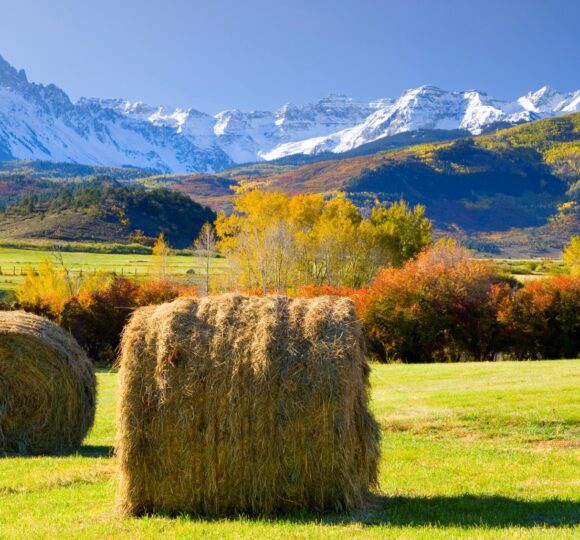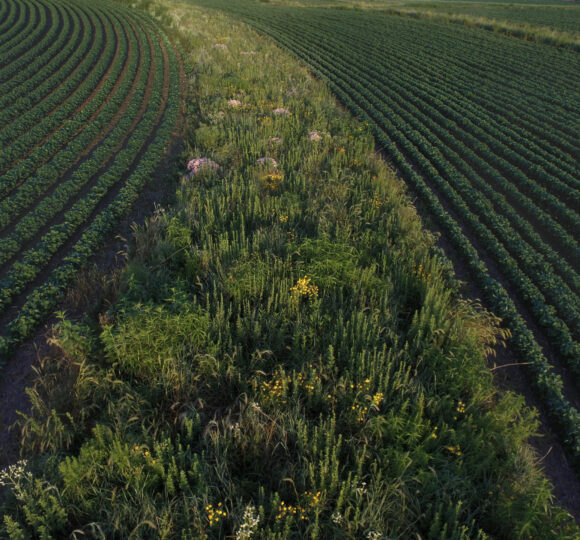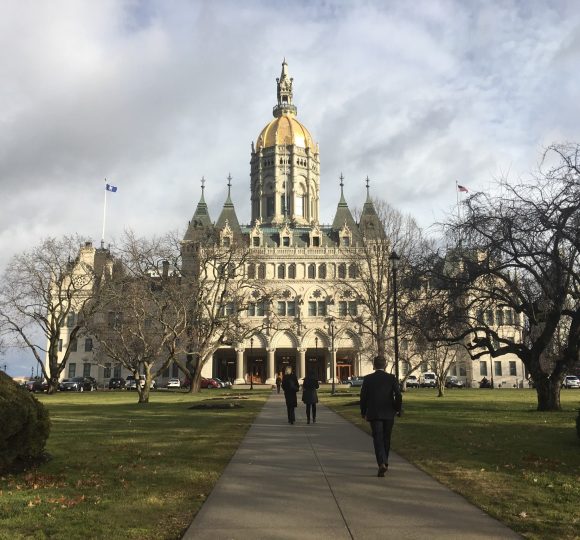South Carolinians take great pride in their land. Hiking in the forest, fishing in the creek, canoeing on the river, hunting in the swamp, swimming in the ocean, or eating fresh vegetables from grandma’s garden, they make the most of their natural world. Families share long traditions of outdoor recreation with the next generation. With their love for the outdoors and their deep commitment to private property rights, they believe in the role of individuals to be stewards of the state’s natural resources.
Many South Carolina families make their living from this landscape. Whether it’s tobacco in the coastal plain, cotton in the Pee Dee, chickens and horses in the Midlands, or peaches in the Upstate, agriculture plays an important role in the state’s economy. According to the 2002 Census of Agriculture, South Carolina’s 24,000 farms cover 4.8 million acres and produce more than $1.5 billion of crops and livestock annually. Timber production provides another important source of income and employment, with 12 million acres of trees producing $900 million and 35,000 jobs per year, according to the South Carolina Department of Agriculture.
However, recent changes in the tobacco economy, rising land prices, an influx of new residents and other growth pressures threaten the future of South Carolina’s productive lands. Landowners are looking for ways to protect their investments and remain financially viable. For many farmers this may mean selling land for development. But there are alternatives. This guide provides an overview of the variety of private, state and federal programs that are available for landowners who want to pursue conservation options and improve the productivity of their land. The information is presented in five sections:
I. Farmland Protection: to save farmland for future generations
II. Tax Reduction and Exemption: to level the playing field for agricultural landowners
III. Farm Enterprise Development: to help farmers create profitable new farm activities
IV. Land Conservation and Stewardship: to enhance wildlife and natural resources on private lands
V. Resources: contact information for agencies and organizations to help landowners achieve their agricultural and conservation goals





